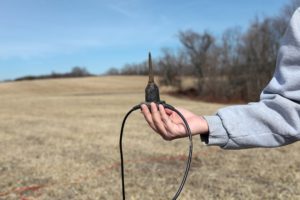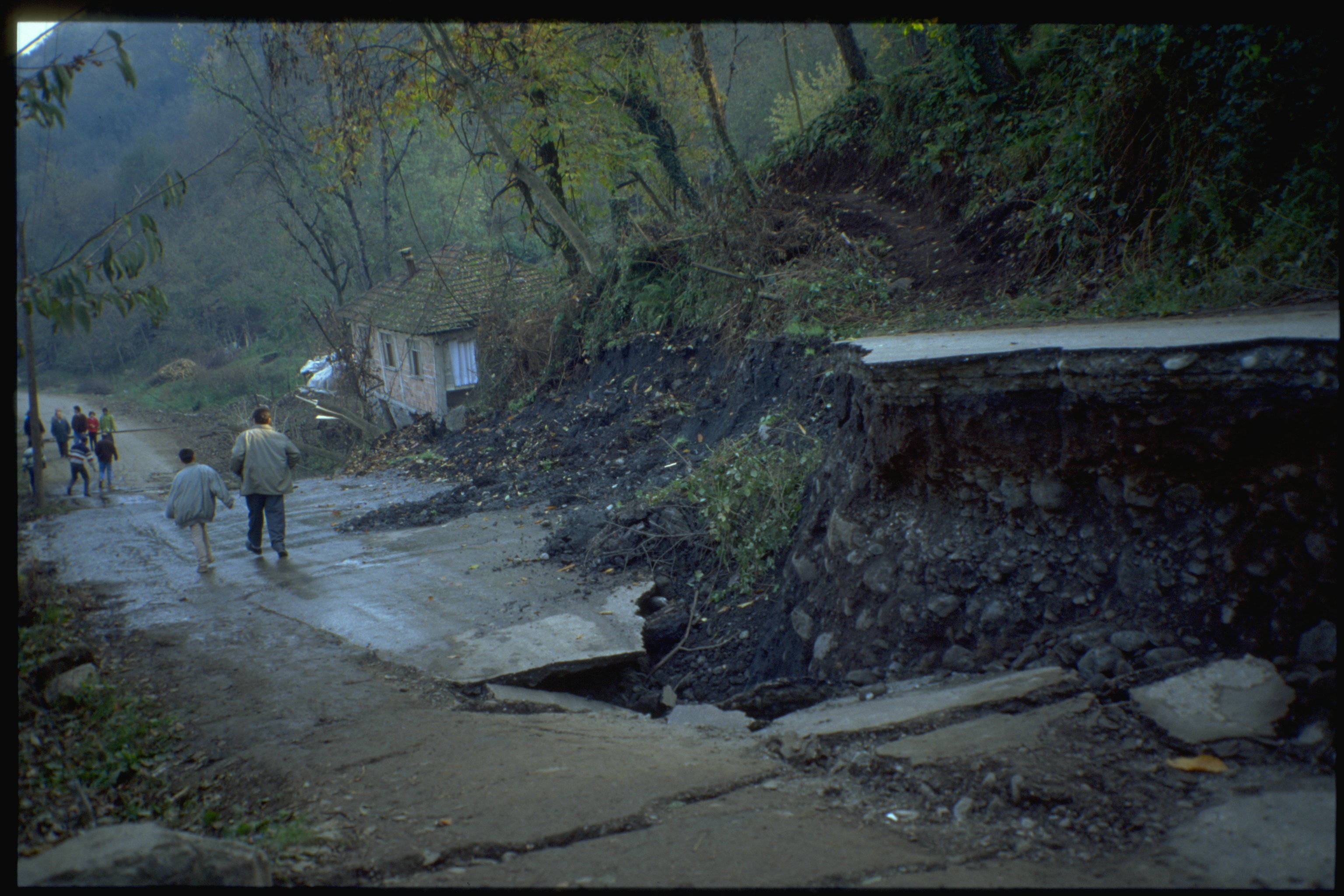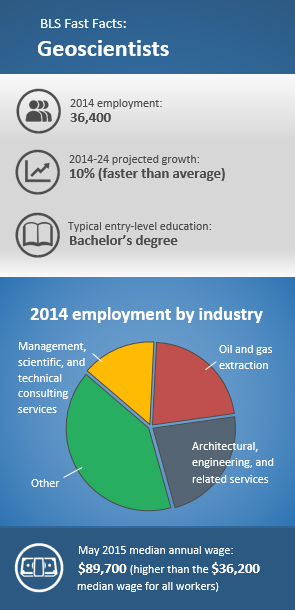All Categories
Featured
Table of Contents
Geophysicists in Champion Australia 2020

(PREM)., and the boundaries in between layers of the mantle are constant with stage shifts.

This makes plate tectonics possible. Schematic of Earth's magnetosphere. The solar wind Circulations from left to. If a world's magnetic field is strong enough, its interaction with the solar wind forms a magnetosphere. Early area probes drawn up the gross dimensions of the Earth's magnetic field, which extends about 10 Earth radii towards the Sun.
Inside the magnetosphere, there are fairly thick regions of solar wind particles called the Van Allen radiation belts. Geophysical measurements are typically at a particular time and location. Precise measurements of position, in addition to earth contortion and gravity, are the province of geodesy. While geodesy and geophysics are separate fields, the two are so carefully connected that lots of clinical companies such as the American Geophysical Union, the Canadian Geophysical Union and the International Union of Geodesy and Geophysics encompass both.
Geophysical Survey Next Step In Carbon Storage Study in Mindarie Western Australia 2021
A three-dimensional position is determined using messages from 4 or more visible satellites and referred to the 1980 Geodetic Recommendation System. An option, optical astronomy, integrates astronomical collaborates and the regional gravity vector to get geodetic coordinates. This approach only offers the position in 2 coordinates and is harder to use than GPS.
Gravity measurements became part of geodesy since they were required to related measurements at the surface area of the Earth to the reference coordinate system.
Water level can likewise be determined by satellites using radar altimetry, adding to a more accurate geoid. In 2002, NASA launched the Gravity Healing and Environment Experiment (GRACE), wherein 2 twin satellites map variations in Earth's gravity field by making measurements of the range in between the two satellites utilizing GPS and a microwave ranging system. , which are studied through geophysics and space physics.
Geophysicist Bob Embley: Ocean Exploration Careers in East Victoria Park Aus 2022

Because geophysics is concerned with the shape of the Earth, and by extension the mapping of functions around and in the planet, geophysical measurements consist of high accuracy GPS measurements. As soon as the geophysical measurements have actually been processed and inverted, the interpreted results are outlined utilizing GIS.
Lots of geophysics business have developed in-house geophysics programs that pre-date Arc, GIS and Geo, Soft in order to fulfill the visualization requirements of a geophysical dataset. Exploration geophysics is used geophysics that often uses remote sensing platforms such as; satellites, aircraft, ships, boats, rovers, drones, borehole noticing devices, and seismic receivers.
Aeromagnetic data (aircraft collected magnetic data) collected using conventional fixed-wing airplane platforms must be fixed for electro-magnetic eddy currents that are produced as the airplane moves through Earth's magnetic field. There are also corrections connected to modifications in determined potential field intensity as the Earth rotates, as the Earth orbits the Sun, and as the moon orbits the Earth.
Geophysicists: Salary, Career Path, Job Outlook, Education ... in Heathridge Oz 2020
Signal processing involves the correction of time-series data for unwanted noise or errors introduced by the measurement platform, such as airplane vibrations in gravity information. It also includes the reduction of sources of sound, such as diurnal corrections in magnetic information., meteorology, and physics.
The magnetic compass existed in China back as far as the 4th century BC. It was used as much for feng shui as for navigation on land. It was not up until great steel needles might be forged that compasses were used for navigation at sea; prior to that, they could not maintain their magnetism enough time to be helpful.
By taking a look at which of eight toads had the ball, one might figure out the direction of the earthquake. It was 1571 years before the first style for a seismoscope was published in Europe, by Jean de la Hautefeuille. It was never developed. Among the publications that marked the start of contemporary science was William Gilbert's (1600 ), a report of a series of precise experiments in magnetism.
What Does A Geophysicist Do? in Peppermint Grove WA 2022
In 1687 Isaac Newton released his, which not just laid the structures for classical mechanics and gravitation but likewise explained a range of geophysical phenomena such as the tides and the precession of the equinox. The first seismometer, an instrument capable of keeping a continuous record of seismic activity, was constructed by James Forbes in 1844. Dietmar; Sdrolias, Maria; Gaina, Carmen; Roest, Walter R. (April 2008). "Age, spreading rates, and spreading out asymmetry of the world's ocean crust". Geochemistry, Geophysics, Geosystems. 9 (4 ): Q04006. Bibcode:2008 GGG ... 9. 4006M. doi:10. 1029/2007GC001743. S2CID 15960331. "Earth's Inconstant Magnetic Field". science@nasa. National Aeronautics and Area Administration. 29 December 2003. Retrieved 13 November 2018.
Leipzig. Berlin (Gebruder Borntraeger). Runcorn, S.K, (editor-in-chief), 1967, International dictionary of geophysics:. Pergamon, Oxford, 2 volumes, 1,728 pp., 730 fig Geophysics, 1970, Encyclopaedia Britannica, Vol. 10, p. 202-202 Ross 1995, pp. 236242 Shearer, Peter M. (2009 ). Intro to seismology (2nd ed.). Cambridge: Cambridge University Press. ISBN 9780521708425. Stphane, Sainson (2017 ).
Table of Contents
Latest Posts
Geophysical Survey In Archaeology in Samson WA 2023
Geology Careers: Degree Requirements, Cost & Salary in Subiaco Western Australia 2022
Geophysical Surveys: Definition & Methods in Armadale Western Australia 2022
More
Latest Posts
Geophysical Survey In Archaeology in Samson WA 2023
Geology Careers: Degree Requirements, Cost & Salary in Subiaco Western Australia 2022
Geophysical Surveys: Definition & Methods in Armadale Western Australia 2022